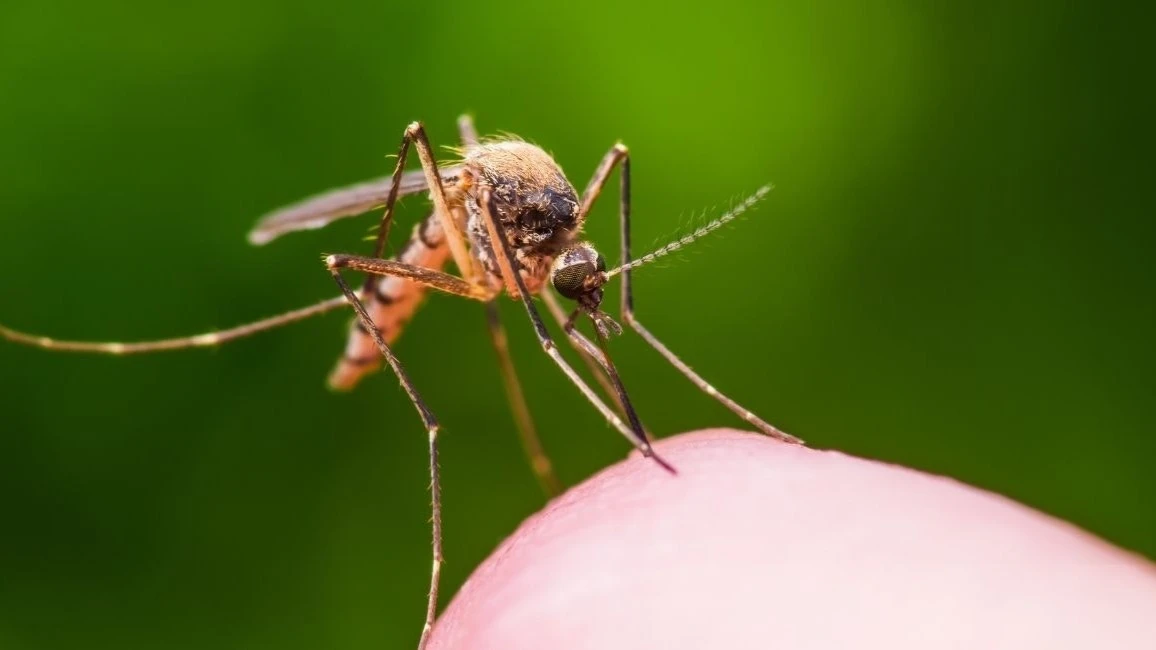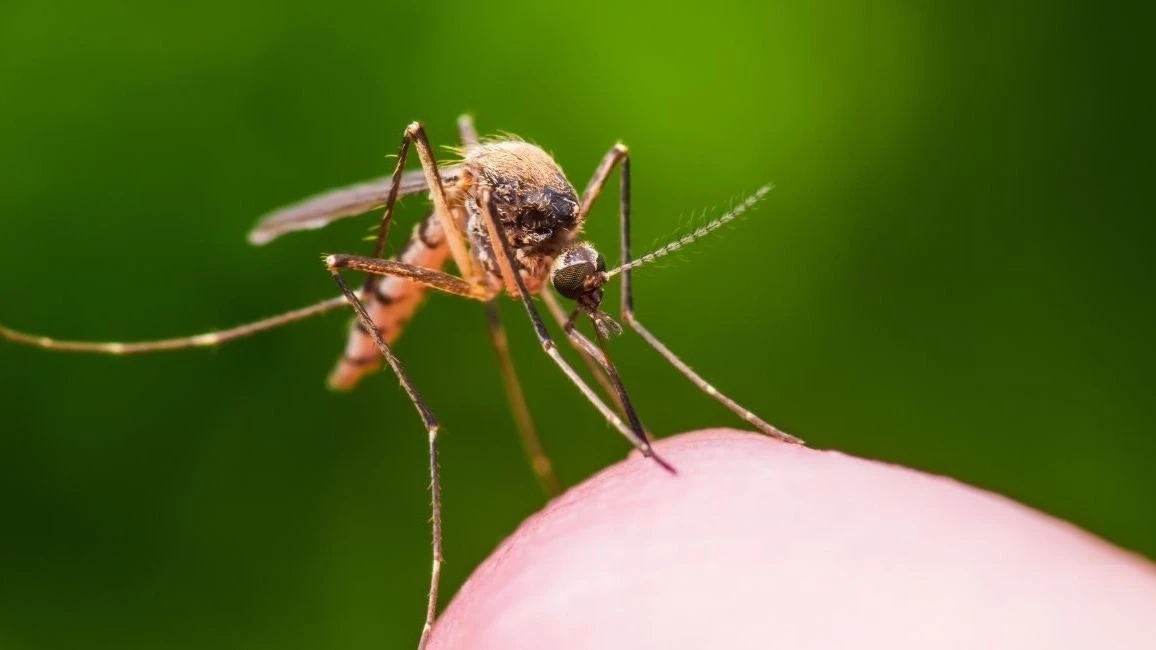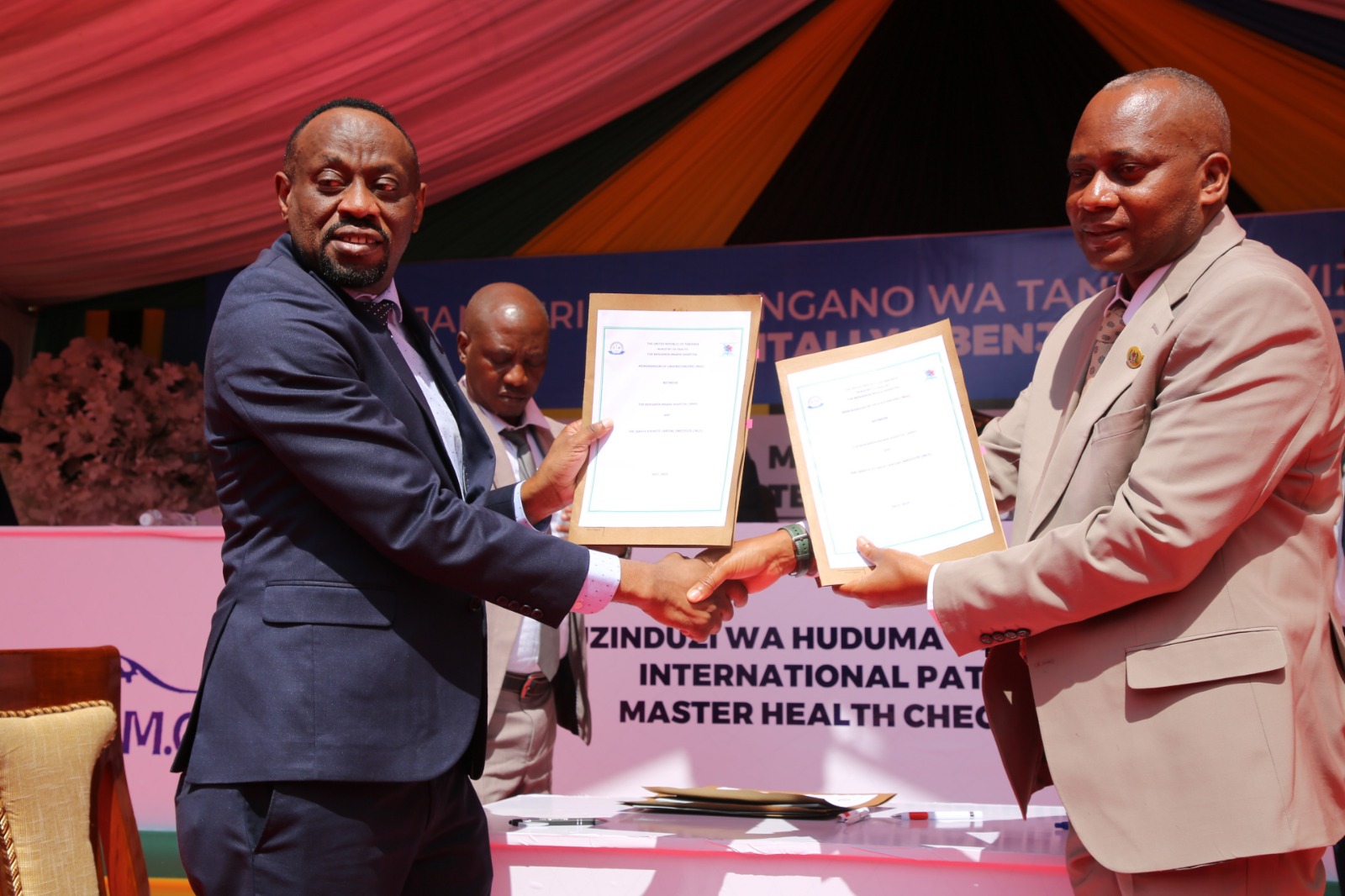‘Mosquito control strategies not suitable for dengue surveillance‘

VECTOR control strategies in fighting malaria and dengue fever must be adapted to mosquito species’ outdoor feeding behaviour and strong human host preference as these factors significantly raise the risk of dengue transmission, a new study says.
Frank Tenywa of the Ifakara Health Institute, says in a report on findings by scientists at the Ifakara Health Institute and the Swiss Tropical and Public Health Institute (Swiss TPH) in a study conducted over the past decade until recently.
The study confirmed the persistent circulation of dengue virus serotype 2 (DENV-2) among ‘wild’ mosquitoes in Dar es Salaam, implying a persistent public health threat in the commercial capital in particular.
Published in the Viruses journal recently, the study shows that DENV-2 has been circulating endemically in Aedes aegypti mosquitoes across Temeke, Ilala and Kinondoni during the two-year surveillance period.
“This is not a new introduction. The virus serotype detected matches that of the 2014 outbreak, suggesting that DENV-2 will have remained in the local ecosystem since then,” he said.
The study was conducted under the supervision of veteran entomologist Dr Sarah Moore, affiliated with Swiss TPH, where it found that Aedes aegypti mosquitoes in Dar es Salaam tend to feed outdoors, limiting the effectiveness of habitual control methods focused on indoor interventions such as insecticide spraying and bed nets.
“Despite repeated outbreaks in Tanzania, dengue surveillance remains limited. Most public health resources remain focused on malaria, so dengue is underdiagnosed—especially given that many infections are asymptomatic or mildly symptomatic,” he stated in a summary of the findings.
The researchers recommend scaling up surveillance and piloting modern vector control interventions, including the release of Wolbachia-infected mosquitoes—a biological control method that blocks dengue virus replication in mosquitoes.
“This self-sustaining intervention has shown remarkable effectiveness when implemented city-wide and could be particularly impactful in rapidly growing urban settings like Dar es Salaam,” he stated.
“Our findings confirm that DENV-2 circulates year-round in Dar es Salaam mosquitoes. Given the species’ strong preference for feeding on humans, the risk of another outbreak remains significant,” the study underlines.
Theo authors urged that the government and health stakeholders implement proactive, sustained vector control measures, public education campaigns and improved sanitation to eliminate breeding grounds.
Without urgent action, dengue could become a persistent and worsening public health threat in Dar es Salaam and other urban areas across Tanzania, they intimated.
Current data indicates that dengue is now endemic in more than 129 countries, with an estimated 3.9bn people —nearly half the world’s population—being potentially at risk.
Anywhere between 100m and 400m new infections occur annually, with around 90mi infections presenting clinical symptoms, the data shows, intimating that Asia carries the highest disease burden, followed by the Americas.
In Africa, the virus is increasingly reported, though cases are likely undercounted due to limited surveillance systems, the IHI study asserts, noting that the Dar es Salaam findings add to growing evidence that unmonitored urbanisation and inadequate waste management in African cities may be quietly fuelling the global dengue threat.
Only whole genome sequencing can confirm whether the virus is a continuation of the 2014 strain or a new introduction of a different genotype can these issues be solved, the lead author intoned.
In total, 854 mosquito pools—each containing 10 adult female mosquitoes—were tested. Temeke district recorded the highest virus prevalence, with a maximum likelihood estimate of 0.81 infections per 1,000 mosquitoes. DENV-2 was found in all three districts across both years, reinforcing evidence of ongoing endemic transmission.
Of the 298 mosquito samples tested for blood meal origins, nearly 69percent tested positive for at least one host species. Notably, 98percent of mosquitoes had fed on humans, with 81percent showing a strong preference for human blood. Chickens and dogs followed distantly, while none had fed on cattle.
The research was conducted across high-population districts in Dar es Salaam: Ilala (1.65 million), Temeke (1.35 million), and Kinondoni (982,000), selected due to their previous dengue outbreaks.
The multidisciplinary research team included scientists from the Ifakara Health Institute—Frank Tenywa, Haji Makame, Jason Moore, Osward Dogan, Harubu Mapipi, Jane Machange, Nasoro Lilolime, Lewis Batao, and Tunu Mwamlima—as well as Swiss TPH contributors Silvan Hälg, Lorenz Hofer, and Pie Müller.
Their findings shed new light on Tanzania’s overlooked dengue burden and lay the foundation for urgent, long-term control strategies, the lead author declared.
Top Headlines
© 2025 IPPMEDIA.COM. ALL RIGHTS RESERVED






















